Exploring the cellular underpinnings of consciousness provides a novel angle through which to understand our human identity. At present, we remain far from exhausting the spectrum of potential manifestations of consciousness. Our life narratives are profoundly influenced by the conscious interplay between our visceral and somatic experiences. Embracing a deeper awareness of our true selves represents our most promising path toward achieving the status of "wise" Homo sapiens.
Recent neuroscience has identified two fundamental forms of consciousness. The distinction originates from our categorizations: "Two broad types of consciousness must be distinguished," delineated by the neurobiological domain (LeDoux, 2023, p. 219). The first form, creature consciousness, pertains to all organisms equipped with a nervous system. The second form, mental state consciousness, is linked with more intricate nervous systems. It encompasses "the ability to experience the world and one's relationship to it" (LeDoux, p. 219).
Recently, a new category of consciousness called existential consciousness has been introduced by Reber, Baluska, and Miller (2024). This concept posits that consciousness is intricately linked to cellular intelligence, representing a manifestation of living, self-organizing principles.
This perspective presents a novel outlook on the expansive nature of consciousness within living organisms, suggesting that it extends beyond traditional understandings centered around nervous system-based sentience. Should we reconsider the notion that consciousness is solely contingent upon the presence of a nervous system?
Life on Earth spans an estimated 4 billion years, with its initial 2 billion years marked by the emergence of natural intelligence within single-cell organisms. Within this timeframe, crucial metabolic processes essential for life's sustenance, including those fundamental to multicellular life, were innovated. Processes vital to our existence today, such as photosynthesis and respiration, trace their origins back to this ancient period dominated by archaea and bacteria.
In the primordial conditions of our oxygen-poor planet, ancient prokaryotic organisms laid the groundwork for the bioelectrical facets of cellular life. These developments relied on electrostatic phenomena and ionic electrical charge transfers occurring within and between various macromolecules (Derr et al., 2020). The evolution of cells into neurons unfolded gradually over time. Throughout billions of years of cellular development, the foundational elements essential for various forms of consciousness—existential, creature, and mental state—were established.
The innate intelligence of life facilitated the emergence of sentience, feeling, and consciousness, indifferent to the labels humans assign to these phenomena. It's plausible that a rudimentary form of consciousness, such as sentience, existed from life's inception. Consequently, consciousness emerges as a profound and ongoing phenomenon, deeply rooted in the evolutionary history of life. Humanity has yet to witness the culmination of the potential manifestations of consciousness.
The importance of expanding consciousness deep into life has often been overlooked by science, which historically disregarded human experience. This negligence prompts the question: have we unintentionally created a blind spot concerning consciousness? Despite this oversight, the significance of lived experience remains undeniable in our pursuit of scientific truth. Science, including psychology, has traditionally upheld the notion that an objective understanding of the world can be achieved independently of subjective experience.
However, an alternative perspective is gaining traction—one that acknowledges the interconnectedness of life and consciousness within a coordinated cognitive framework. This emerging viewpoint, exemplified by the work of Reber et al. (2024), recognizes that life and consciousness are intricately linked in a mutually influential relationship. Whether considering a single-celled organism or the complex billion-celled entity that is humanity, the profound connection to natural intelligence is evident. The consciousness we perceive as humans today is not merely a recent development but rather the culmination of a 4-billion-year evolutionary process, firmly rooted in the essence of life itself.
This perspective diverges from the concept of panpsychism, which posits consciousness as ubiquitous, instead highlighting a deep continuity between living entities and their capacity for knowledge. By embracing this perspective, we gain valuable insight into the profound planetary challenges that have arisen from human actions.
It becomes evident that there is no singular, all-encompassing viewpoint—a "God's-eye view"—that can adequately address the complex problems precipitated by Homo sapiens.
Before we delve into the potential implications of AI advancements, it's crucial to acknowledge the longstanding historical and philosophical challenges surrounding consciousness. Throughout human history, beliefs rooted in divine and abstract forms of awareness have shaped our understanding of existence. Today, however, we face a new challenge posed by artificially constructed systems that simulate emotions and consciousness, blurring the lines between natural and artificial intelligence.
At the core of this discussion lies the fundamental distinction between human intelligence and machine intelligence. While human cognition is deeply intertwined with consciousness, emotions, and subjective experience, artificial intelligence remains devoid of genuine consciousness. Life itself, in its myriad forms, is characterized by a cellular essence, wherein feelings, consciousness, and intelligence emerge from the intricate web of biological processes.
The responsibility for nurturing and evolving this natural intelligence rests squarely with Homo sapiens, the stewards of our planet's consciousness. To navigate the ethical implications of our technological progress, we must deepen our understanding of consciousness, both within ourselves and across various life forms, including plants and animals.
Our current understanding of consciousness represents only a fraction of its potential, with ample room for further exploration and development. As conscious beings, we shape not only our present reality but also the trajectory of our future existence. Our consciousness is intricately interwoven with the living world within us and the environment surrounding us, reflecting the profound interconnectedness of all life forms.
From the earliest origins of life to the complex neural networks of the human brain, the essence of consciousness persists as a vital force driving our existence. Our neural architecture is finely attuned to the imperatives of life, serving as conduits for both internal bodily functions and external sensory experiences. This integration of visceral and somatic processes forms the bedrock of our consciousness, underscoring the inseparable link between our physical bodies and subjective awareness.
Despite the vast chasm separating human consciousness from the rudimentary sentience of single-celled organisms, our evolutionary journey underscores a profound continuity of life and consciousness. As Homo sapiens, we are rooted in this shared legacy of embodied existence, forever bound to the ebb and flow of life's enduring essence.
Becoming Fully Human
Abraham Maslow's impactful work, exemplified by the inspiring book Toward a Psychology of Being, was unfortunately left incomplete due to his premature death. However, his unfinished inquiries were integrated into the posthumously published The Farther Reaches of Human Nature, and the exploration of his ideas remains ongoing (Kaufman, 2020; De Vleeschauwer, 2021). Likewise, the study of consciousness continues to evolve, and we find ourselves still in the nascent stages of understanding a psychology of consciousness.
The central question of Maslow's research—"What might be the normal psychological or inner life of persons who are fully human?"—remains profoundly relevant (Maslow, 1971, XVII). Consciousness, at its core, has always been intertwined with life, revealing depths and expanses beyond our initial comprehension.
Consider the vastness of life itself; every drop of seawater, every spoonful of soil teems with billions of sentient microorganisms. Earth, our home, operates as a natural intelligent system of which we are an integral part. Yet, crucially, the sustenance of life does not hinge on human intelligence alone; rather, we represent merely one expression of consciousness among many.
In striving to grasp our true essence, we embark on a journey toward self-awareness, laying the groundwork for embodying the wisdom inherent in our species, Homo sapiens. Could this pursuit of self-realization represent the pinnacle of our human potential?
References
Derr, J.B., Tamayo, J., Clarck, J. A., Morales, M., Mayther, M.F., Espinoza, E. M., et al. (2020). Multifaceted aspects of charge transfer. Physical Chemistry Chemical Physics 22, 21583-21629. https://doi.org/10. 10.1030/c0cp01556c
De Vleeschauwer, P. (2021). Entering Our Highest Possibility. How to Be Human in the 21st Century. London, Austin McAuley.
LeDoux, J. (2023). The Four Realms of Existence. A New Theory of Being Human. Cambridge Massachusetts: Belknap Press of Harvard University Press.
Kaufman, S. B. (2020). Transcend: The New Science of Self-Actualization. New York, TarcherPerigee.
Maslow, A. (1971). The Farther Reaches of Human Nature. New York, Penguin Compass.
Frank, A., Gleiser, M., Thompson, E. (2024.) The Blind Spot. Why Science Cannot Ignore Human Experience. London, MIT Press
Reber, S. A., Baluska, F., Miller, W. B. (2024). The Sentient Cell. The Cellular Foundations of Consciousness. Oxford, Oxford University Press.


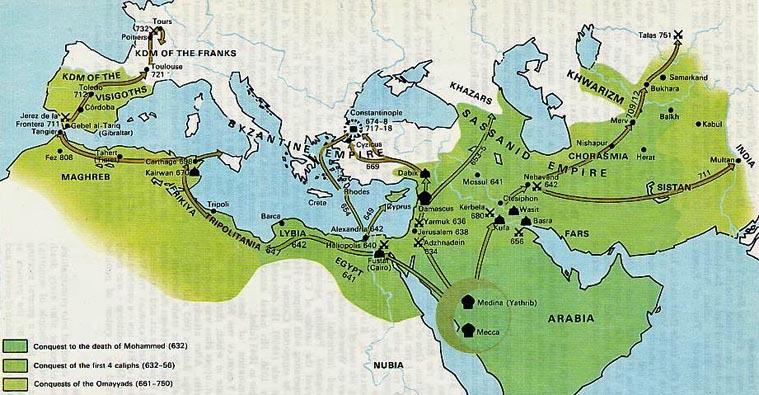


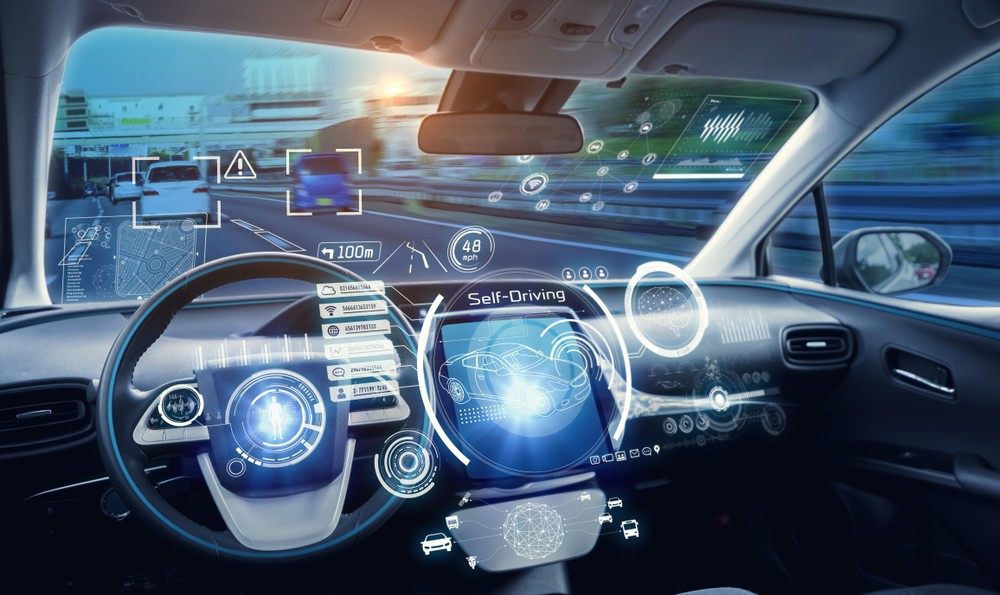

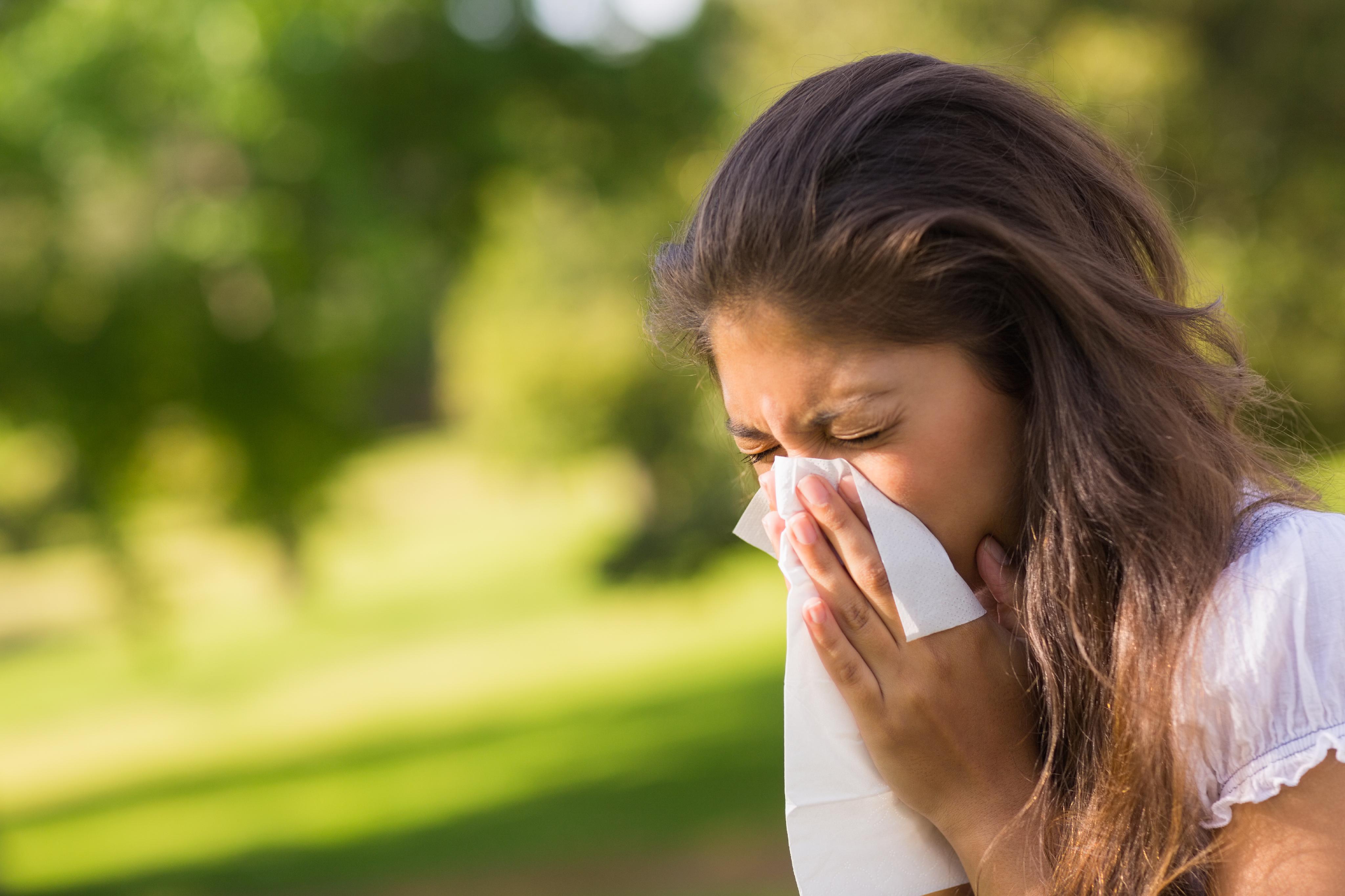



0 Comments